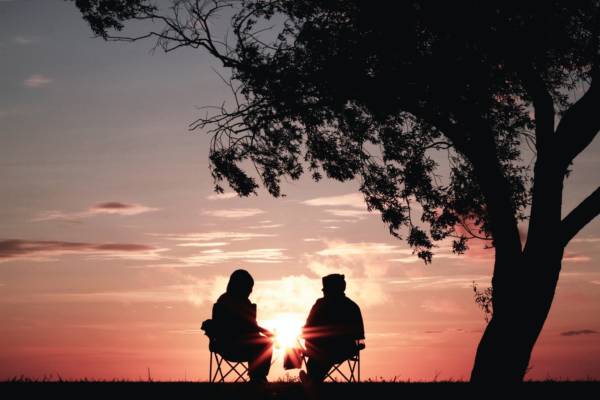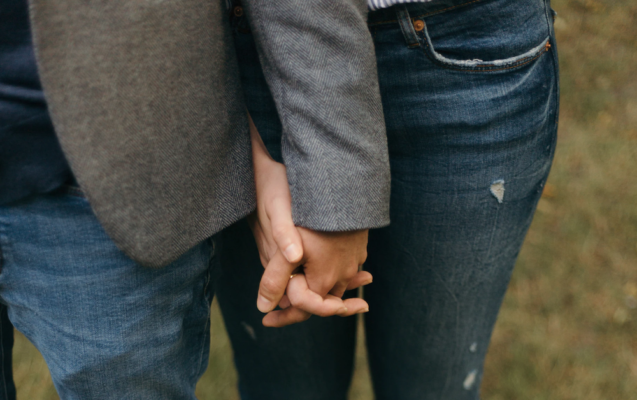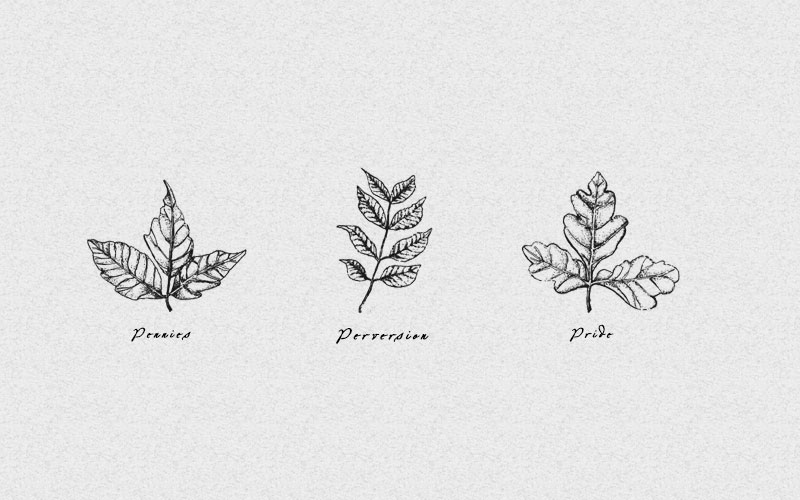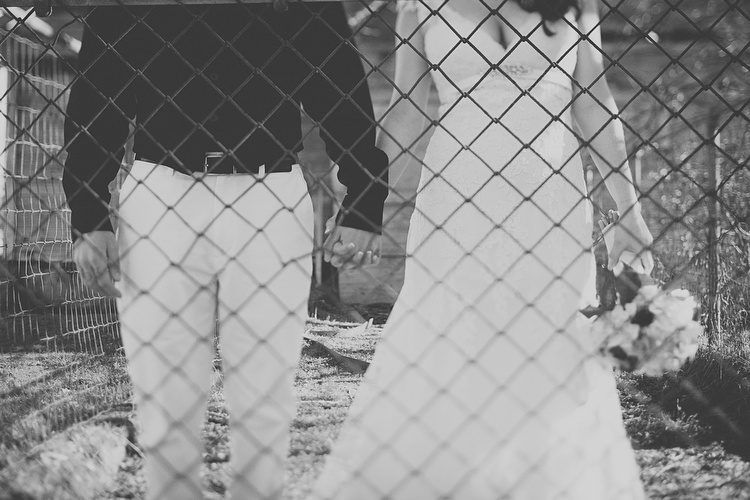It’s been two years since my brother died, two years and change, when I almost died in a car accident.
I say “almost die” because I could have died, but instead I climbed out of my totaled car basically unscathed. I don’t remember much from the accident, but I do remember the woman I hit helping me out of my car.
I remember her saying, “I saw the whole thing; it was like God picked up your car and put it down in just the right spot.”
She said, “You should have hit that pole,” and “I don’t understand why your car didn’t roll over.”
She said, “It’s a miracle you’re alive.”
Within 12 hours of the accident I’m in a car headed to Boone, North Carolina with friends. We’re going to snowboard. I have never snowboarded before. Our friends say it’ll be easy.
I almost back out of the trip. I tell my husband Justin I can’t do it. I’m bruised. My whole body feels sore. But more than that, I’m feeling breakable. I’m feeling like I might crack. I decide to go because Justin wants to go, and because I don’t want to be left alone.
On the mountain we discover that Justin is good at snowboarding. I am too careful, too quick to slow down, too nervous. I can’t keep my balance. I fall a lot.
Justin sticks with me for a while, but I can tell he’s eager to stretch his legs on harder runs. Normally this wouldn’t bother me. I don’t mind being alone. I like watching him excel at things. But today feels different. Today I can’t stop crying. Working my way down this slope has me weeping. I’m cold. I’m hurting. I’m embarrassed at how bad at this I am. I’m mad at our friends for trying to help me. I’m a mess.
On my second attempt I find myself paralyzed. I sit down in the snow and cry. I refuse to budge. This is not characteristic of me. I don’t know why I’m so shaken and afraid. Justin sits down beside me, and I say through sobs, “I just feel so fragile.” He convinces me to make my way down the slope. He says, “You can scoot the whole way down if you need to.” He’s kind and helpful. He says at the bottom, “Why don’t you go get a hot chocolate in the lodge?”
Hot chocolate sounds good, but what I want is security. I want a person to sit with me and make me feel safe. I want to talk through what I’m feeling and try to figure it out. I really want to go home.
Justin, though—he really wants to snowboard. He asks if I mind if he goes with our friends. I say, “Go ahead.”
I say “go ahead,” but I don’t want him to go. I expect that he should gather this on his own. I want him to want to stay with me. But he doesn’t want to stay with me. He wants to learn how to snowboard.
And so he leaves me alone.
Failing each other
This is the story Justin remembers when one night I ask him about grief and our marriage.
I say, “Can you think of a time when we didn’t understand one another? A time when we failed each other in grief?”
He’s still for a long time. Then he says, “Remember that time we went snowboarding right after your accident?”
Differences
Facing grief early in our marriage forced us into a quick realization of our incompatibility. We saw differences in the ways we’d been wired and raised, differences in the ways we handled stress, differences in our priorities, differences in the ways we wanted to be loved. I think we could have gone years, maybe decades, without seeing what we saw in the aftermath of loss.
When my grief led to depression, we discovered that Justin didn’t know how to handle it. He liked fixing things, making things better and happier. He wanted to fix me, and I didn’t want to be fixed. His only other way of handling something heavy like this was to ignore it.
For Justin, grief stirred up an appetite for people and parties. He needed connection, fun, pleasure, and I couldn’t understand that need at all. He’d want to go out for dinner with friends, to eat something interesting and delicious. I just wanted to order pizza and stay home. He’d start kissing me in bed after a hard conversation, and I’d wonder, “How can you want sex at a time like this?” He couldn’t understand why I’d reject him, him feeling so vulnerable and sad, so eager to connect with another human.
In grief, I reached for order and work and routine, ways of controlling my out-of-control life. I set bedtimes and wake-times for both of us. I made arbitrary diet decisions. I overloaded our lives with obligations. Justin bristled at my rules and expectations. He stayed up past my bedtimes and slept in past my wake-times. He despised being told what to do.
Every day we were reminded that this person we’d married was confounding and disappointing. If those realizations had come at another time, we’d have handled them differently, perhaps we’d have seen them as bigger, more consequential. But because they came in the middle of a storm, both of us holding onto the other, so afraid to let go, we didn’t let go. We still haven’t.
Partners
Years ago I asked Justin “Why are we still married?” I was 19 when we got married, two complete opposites ill-equipped for the road ahead. He put his arm behind his head, looked up at the ceiling and thought.
I hate it when he thinks alone in his head instead of out loud in real-time, but I’m learning to let the man think how he wants to think.
So he thought, and then he said, lifting his words from the quiet, “We were never enemies.”
He said, “In grief you’re so angry, ready to blame anyone close for your pain.” He said, “We were definitely in pain, definitely angry and sad, but we never blamed each other; we never saw the other person as an opponent or obstacle. We’ve always been partners.”
I guess the reason I’m still married, despite the grief and our immaturity and differences, is this: When things got hard, death didn’t turn us against each other. In the face of loss, we held hands and braved it together.
Better because we’re different
Together is harder for people who’re different. Sameness is attractive because it’s easy. But even though difference is hard, it’s also undeniably better. Our differences, when we accept them and understand them, make our marriage full and round. We’re better partners because we’re different.
When my brother (Justin’s best friend) hit a tree and died, when that wave crashed down on both our heads, we held each other tightly, our four feet more sturdy than any two on their own. We balanced each other.
Justin helped me embrace the delights of friendship and adventure. He reminded me that sadness and joy can coexist. He helped me imagine a better tomorrow. He pulled me out of the bed when I really did need to get up.
I helped Justin learn how to deal with his feelings. I taught him how to stay in a moment, how to embrace hard things and grow. I slowed him down when he needed to dial it back. I encouraged discipline.
We were, we are, more together than we are alone.
The writer of Ecclesiastes says,
“Two are better than one… if either of them falls down, one can help the other up. But pity anyone who falls and has no one to help them up.” (4:9–10)
How many times have I fallen? How many times have I let death get the best of me, push me down, hold me there? And how many times has my husband reached down to help me up?
These days, whenever Justin lets me down, whenever I do something stupid and disappoint his reasonable expectations, we have a lot grace. Surviving loss taught us that it’s not perfection you want in a marriage. It’s partnership.
Excerpted from Swallowed Up by JL Gerhardt.
Have you heard of the The 31-Day Pursuit Challenge?
Every marriage begins with passion, purpose, and pursuit, but few stay that way. That’s why we wrote Husband in Pursuit and Wife in Pursuit Together, they make what we’re calling the 31-Day Pursuit Challenge. Couples are encouraged take the challenge together. We’re already starting to hear stories of transformed marriages! Are you up for the challenge?







